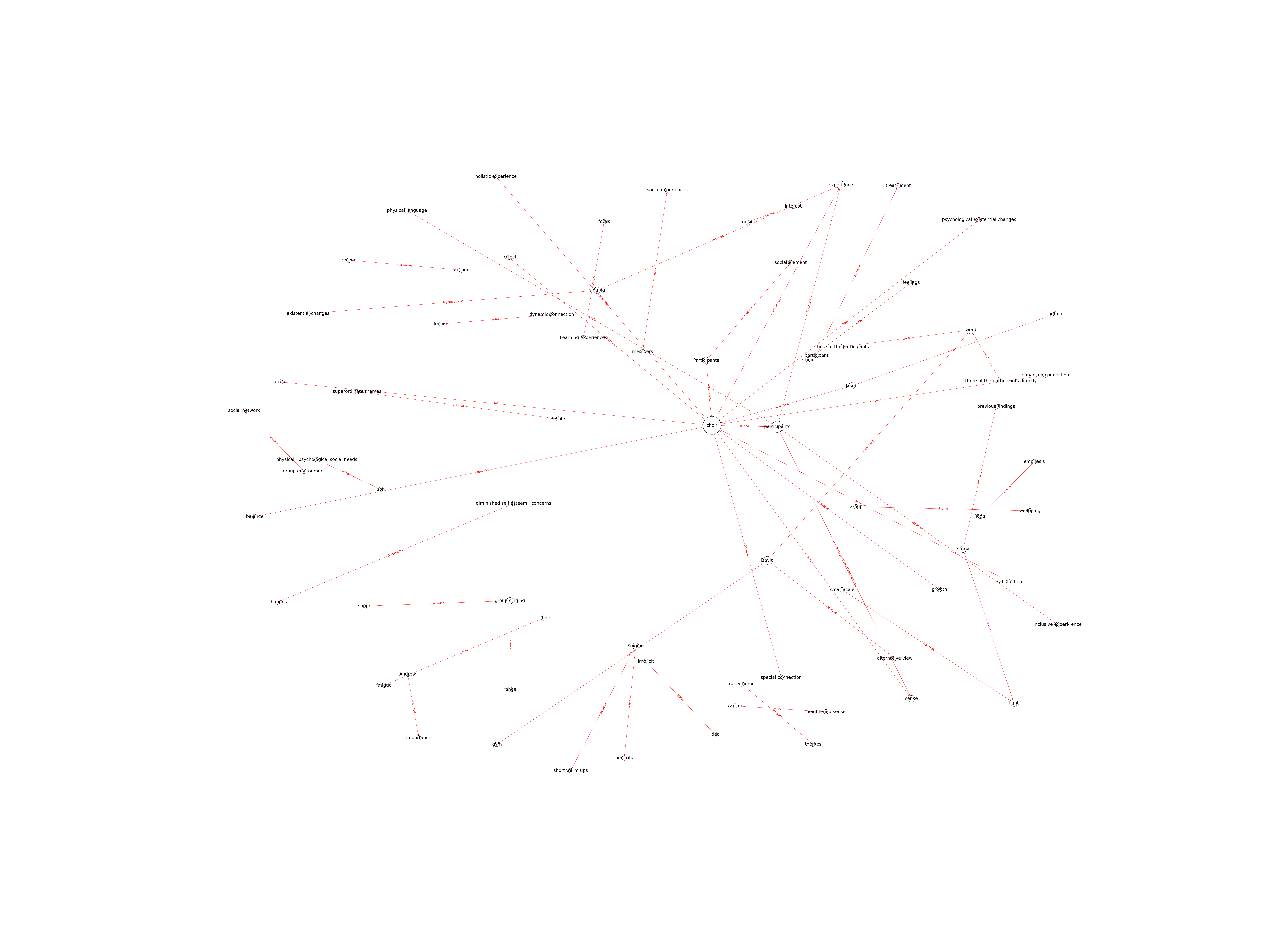| Id | 819 | |
| Author | Warran K., Fancourt D., Perkins R. | |
| Title | The experience and perceived impact of group singing for men living with cancer: A phenomenological study | |
| Reference | Warran K., Fancourt D., Perkins R.; The experience and perceived impact of group singing for men living with cancer: A phenomenological study ;Psychology of Music vol:47.0 issue: 6 page:874.0 |
|
| Keywords | arts and health; cancer; gender; IPA; mental health; phenomenology; qualitative |
|
| Link to article | https://www.scopus.com/inward/record.uri?eid=2-s2.0-85069036727&doi=10.1177%2f0305735619854526&partnerID=40&md5=c36e75d4e5043eaf74f174490b122cd4 |
|
| Abstract | The aim of this study was to explore the experience and perceived impact of group singing for men with cancer. Through the lens of phenomenology, semi-structured interviews were carried out with five patients with prostate cancer, focusing on their experience of cancer, singing, and the perceived impact of the choir. Interviews were transcribed verbatim and analysed using Interpretative Phenomenological Analysis. Four superordinate themes emerged from the data: (a) meeting existential changes; (b) dynamic connection to others; (c) a holistic experience; (d) a positive experience. The experience of singing was viewed by participants as: something positive; a social experience; an ineffable experience; an activity that engages the whole person. The perceived impact of singing included: providing support in the face of the existential uncertainty brought about by having cancer; a dynamic connection to others; fulfilment; enhanced wellbeing; finding some form of benefit from the cancer experience. These results indicate that group singing has potential as an appropriate intervention for men living with cancer. This study, though small-scale, sheds some light on how to deliver holistic healthcare and how to optimise current choirs in health settings. © The Author(s) 2019. |
|
| Metodology | Technique |

Note: Due to lack of computing power, results have been previously created and saved in database


